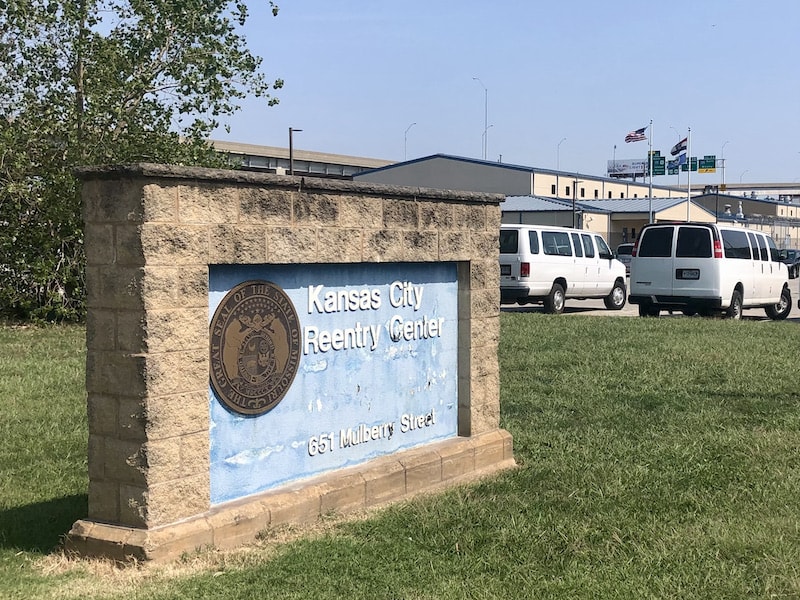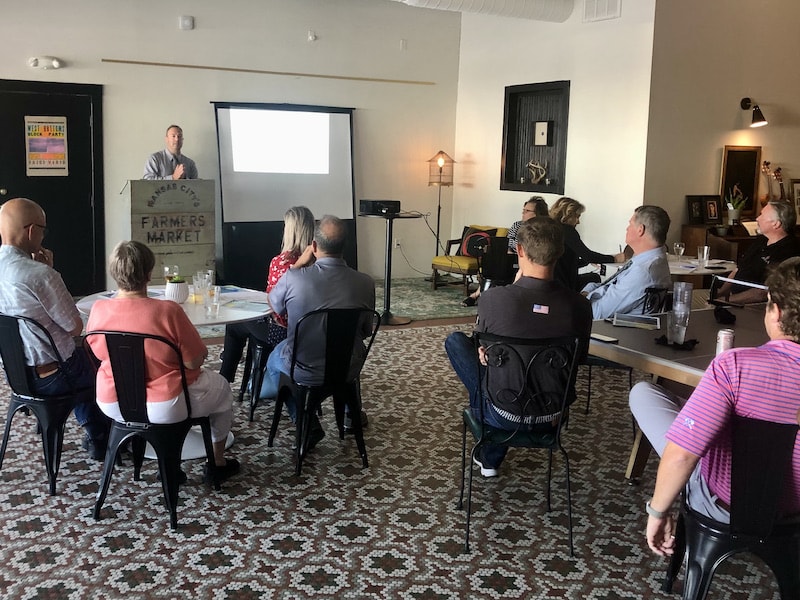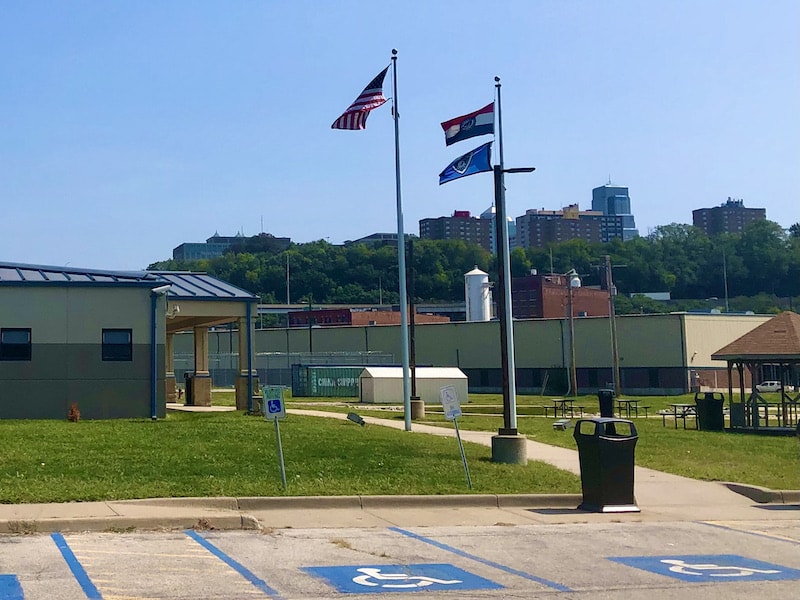West Bottoms Prison Becoming Probation Transition Center

Published September 14th, 2021 at 11:30 AM
By Kevin Collison
A minimum security state prison in the West Bottoms will become a probation and parole transition center early next year and state officials are vowing the facility won’t be the downtown headache it was a decade ago.
“We have a very different philosophy toward corrections and a different executive team,” said Karen Pojmann, spokeswoman for the State Department of Corrections. “The model we have in St. Louis is very effective and people are closely supervised.”
The facility at 651 Mulberry was converted to a 400-bed, minimum security prison in 2015 after being a major downtown nuisance for years when it was the former Kansas City Community Release Center.
During its time as a release center, hundreds of unsupervised men would leave the facility during the day, many to loiter in downtown public spaces, including the Central Library, a situation that led to numerous incidents and disruptions.
“It housed the worst of the worst,” Bill Dietrich, president and CEO of the Downtown Council, told a board meeting earlier this summer.
“If you came out of prison and had no where to go this is where the state put you.”
Now, state officials are saying the new Transition Center of Kansas City will have a limit of 150 residents vs up to 600 when it was the release center, and they will be offered a variety of programs to help make a transition back into the community,

Jamie LiaKos, deputy director of the State Department of Corrections, briefs members of the Historic West Bottoms Association about the changes in store for what will become the Transition Center of Kansas City.
“We’re going to overload them with classes and give them the tools to succeed,” said Jamie LiaKos, the Corrections Department deputy director for the western region.
LiaKos and Michelle Tippie, the superintendent of the new Transition Center, spoke to about 40 people Monday at a luncheon briefing at the 9th & State tavern arranged by the Historic West Bottoms Association.
The officials assured those at the meeting the new facility will be supervised closely by 110 staff members working three shifts. The men coming to the transition center must demonstrate they have local ties and have to apply for admittance.
During their first 60 days they will receive counseling for behavioral, substance abuse and mental health issues; educational and vocational training, family reunification, job search and interview skills, financial budgeting and management and home economics.
After the first two months, they will be allowed to have structured and supervised job interviews. LiaKos said none of the men at the facility will be allowed to leave unsupervised and it will have 24/7 medical services.
“It’s not going to be a release center, it’s going to be a transition center,” he said, adding the complex will remain a lockdown facility.

Inmates at the former KC Community Release Center would walk to downtown, visible in the background, and be a nuisance before the facility was converted to a prison in 2015.
The Downtown Council led the charge six years ago to have what was then the release center converted to a minimum security prison, a move welcomed by West Bottoms and downtown businesses and other organizations.
“That took of our problem for quality of life for our residents, businesses and visitors downtown,” Dietrich told his board.
When the state corrections officials informed the Downtown Council of their plan to change the facility from a prison to a parole and probation transition center, they invited Council representatives to visit a similar facility in St. Louis.
“This felt more like an academic situation where counseling, training, everything was going on continuously,” Dietrich said. “It was pretty impressive.”
Sean O’Byrne, Downtown Council vice president, told the West Bottoms group that a “Good Neighbor Agreement” also will be signed with the Corrections Department before the transition center opens.
He said the agreement will stipulate how the facility will be operated and cover potential problems and issues. It also will lay out a process for resolving problems with senior state officials.
The Corrections facility is currently vacant and being remodeled for its new use. LiaKos said the state anticipates launching the new Transition Center in January.


